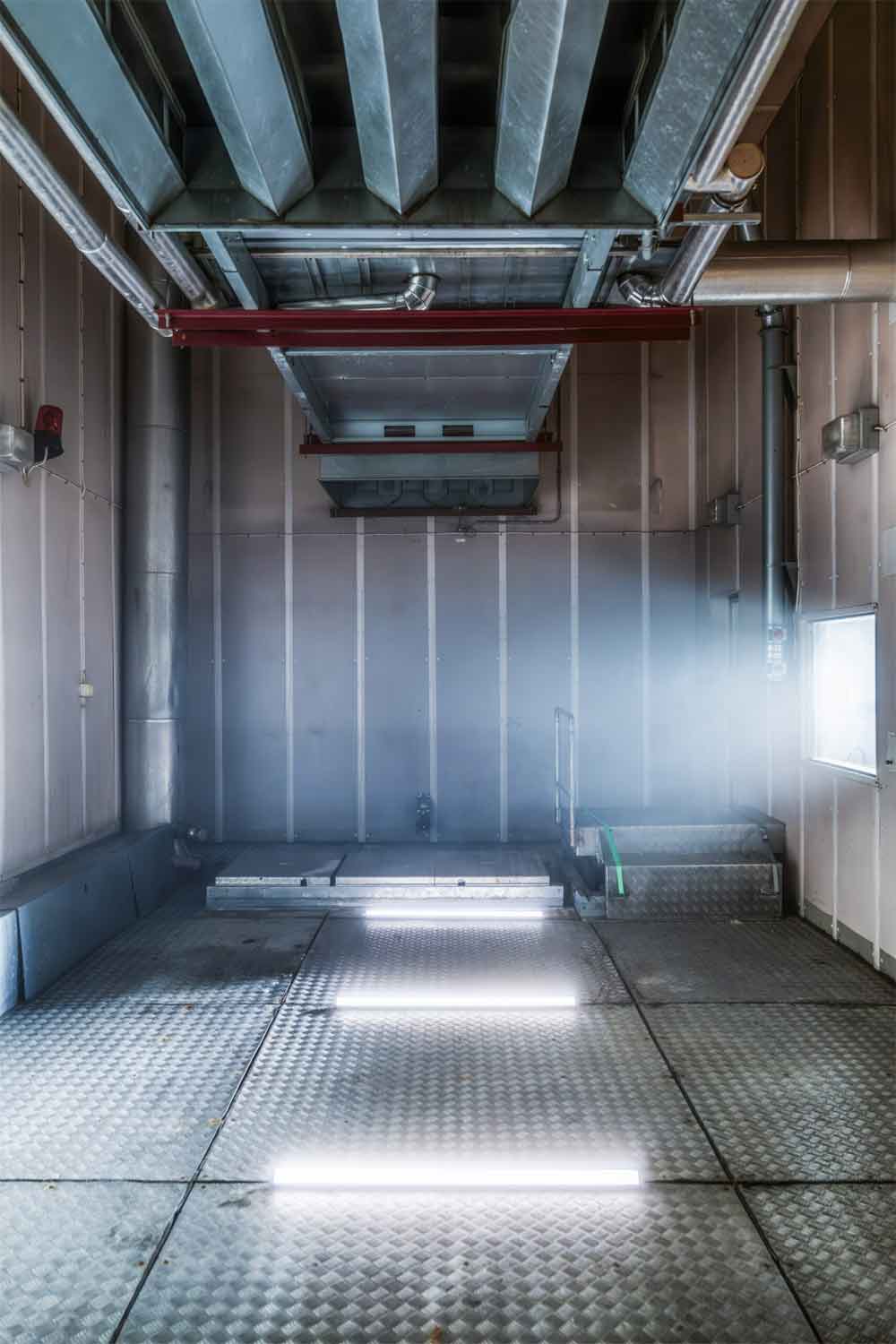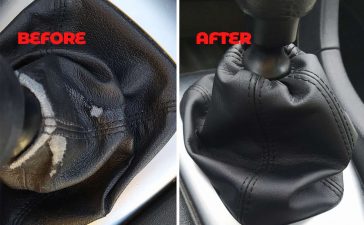In a groundbreaking development, Recas has taken the reins of the former Saab and NEVS test facility in Stallbacka, Trollhättan. This acquisition opens up new horizons for a myriad of industries, offering a unique space for early-stage product testing and validation.
Table of Contents
Recas: A Visionary Resurgence
Recas, under the dynamic leadership of CEO Micael Lawson, has embarked on an exciting journey, breathing new life into Stallbacka. For Lawson, this endeavor is a homecoming of sorts, marking his return to the place where he began his own engineering career 25 years ago.
Following Saab’s closure in 2011, he carried his expertise to the Norwegian oil industry, eventually founding Recas in 2012. The company now provides a range of technology-related services, focusing on design, production, IT, and software.
Recas operates from its base at Innovatum District in Trollhättan, with an additional office in the making in Gothenburg. The core philosophy of Recas revolves around sustainable and efficient business development, with a profound commitment to putting people at the center of their operations.
A Strategic Move for Many Industries
Recas’ acquisition of the Stallbacka test labs isn’t just a sentimental journey; it’s a strategic opportunity for both new and existing customers. The venture fills a critical gap in the product development journey. Many companies often lack early-stage testing facilities, leading to potential pitfalls during later certification processes.
With Recas offering an innovative development lab, they not only save time and money but also stimulate business growth in Trollhättan and Sweden. Moreover, there’s a discernible demand for such services in Scandinavia and Europe as a whole.
Mats Ericsson, responsible for Recas Labs and its state-of-the-art test equipment, is another seasoned Saab veteran. Having joined Recas after over a decade as a workshop manager at Volvo Bussar, Ericsson is eager to harness the potential of the lab’s capabilities.
Recas boasts an extensive range of testing facilities, including those for climate, sound, EMC, and vibrations. These facilities are not limited to the automotive sector but cater to a broad spectrum of industries. Ericsson’s vision is clear: to become an independent player, fostering the resurgence of production in Sweden.

Building a Thriving Stallbacka
Micael Lawson is convinced that Stallbacka is poised for a renaissance, with the presence of companies like Polestar further solidifying the region’s status as a hub for development and innovation. Recas plans to develop portable testing equipment and deploy teams to serve clients throughout the Nordic region. The changing landscape of the defense industry also presents new opportunities, making Recas a versatile player in a dynamic market.
This lab venture aligns seamlessly with Recas’ strategy of providing holistic solutions, combining physical infrastructure with competence development. The company has a track record of enabling efficient and structured workflows for clients, facilitating their development. In their ownership directive, they express a clear commitment to contribute to production in Trollhättan, even considering acquisitions to fulfill this goal.
Kraftstaden’s Welcome
Kraftstaden Fastigheter, through its subsidiary, is now the lessor of the properties that once belonged to NEVS, and they welcome Recas with open arms. Together, they aim to create an open environment where academia and industry can collaborate to further the development of the Stallbacka area.
Test capacities for the whole of Europe
Recas’ acquisition of the NEVS test facility in Stallbacka not only signifies a rebirth of an industrial site but also presents exciting opportunities for businesses across a wide spectrum of industries. This strategic move by Recas aligns with their vision of stimulating growth, development, and innovation, not only in Trollhättan but throughout Scandinavia and Europe. As Stallbacka once again blooms with productive companies, it reaffirms the region’s significance in the global arena.
The Uncertainty Surrounding NEVS and the Emily GT Project
In the wake of NEVS’ sale of the Emily GT project, expectations were high for the announcement of vital information regarding the production of electric vehicles based on the Emily GT platform in Trollhättan. Several official statements pointed to a significant revelation, anticipated for as early as September. However, the eagerly awaited news remained elusive.
Challenges and Delays
Despite the vision, the journey hasn’t been without its challenges and delays. The production of electric vehicles is a complex process that involves meticulous planning, intricate design, and rigorous testing. The intricacies involved in the development and adaptation of the Emily GT platform might have contributed to the unforeseen delays in its realization.
The Impact on Trollhättan
The situation carries particular significance for Trollhättan and the Stallbacka region. These areas have had a long history with Saab and the subsequent endeavors of NEVS. The promise of a revived automotive industry, driven by electric vehicles, stirred hopes for economic revival and the restoration of jobs that once defined the region.
What Lies Ahead?
In the face of the delayed announcement, uncertainties loom. It remains to be seen when NEVS will unveil the details of their electric vehicle production plans and how it will affect the local and global automotive landscape. While it’s natural for setbacks to occur in the dynamic world of innovation, the anticipation of a transformation in electric mobility remains steadfast.












I was with a SAAB dealership from 1993-2012. This whole saga reminds me so much of the days under Victor Mueller. Teaser comments and innuendo, followed with no capital and no commitment. I do notice the mention Polestar. At least that is positive.
Buy the name off GM and make those great cars again.